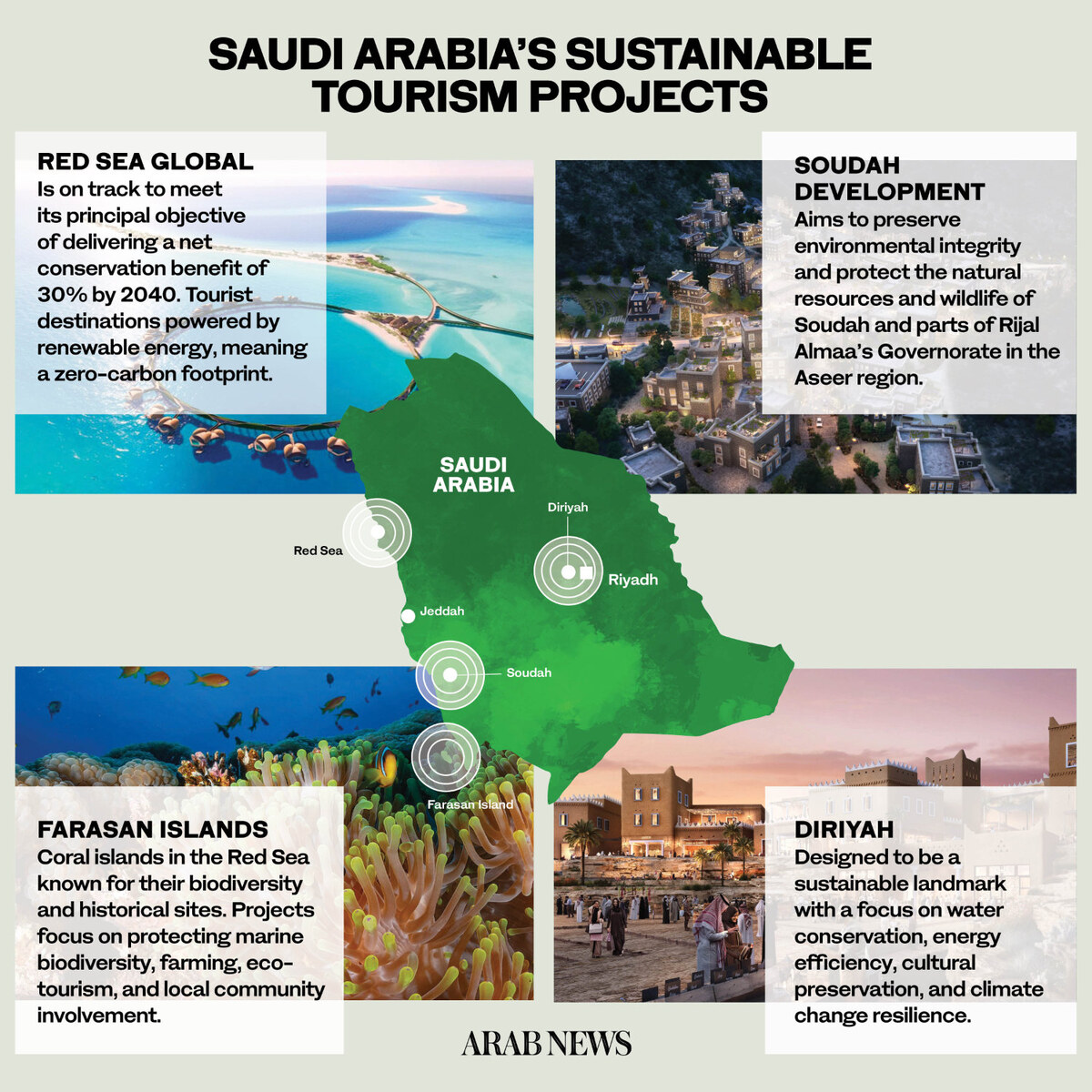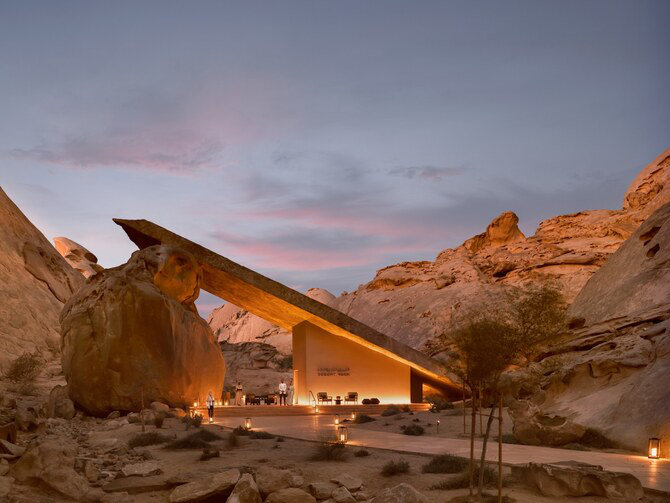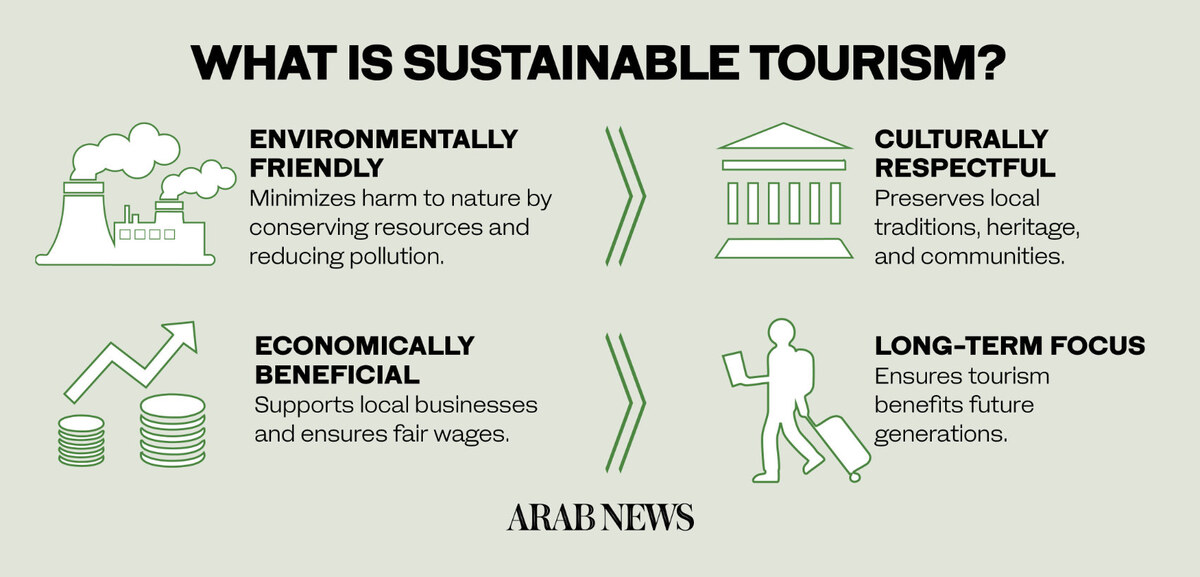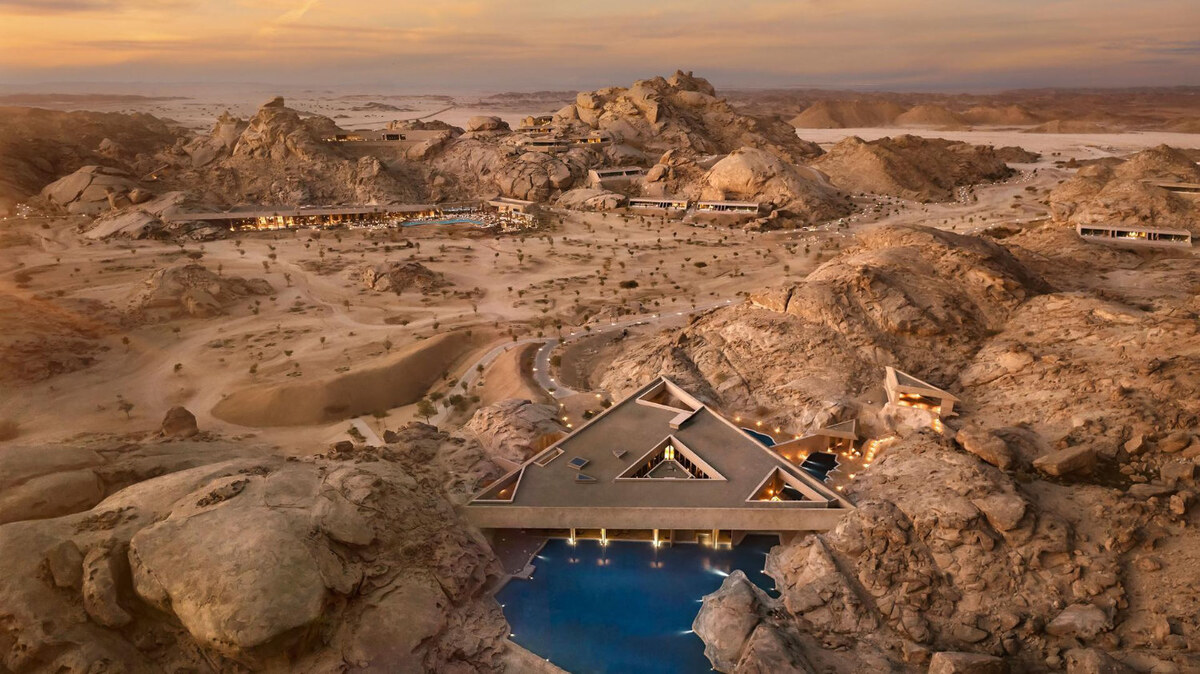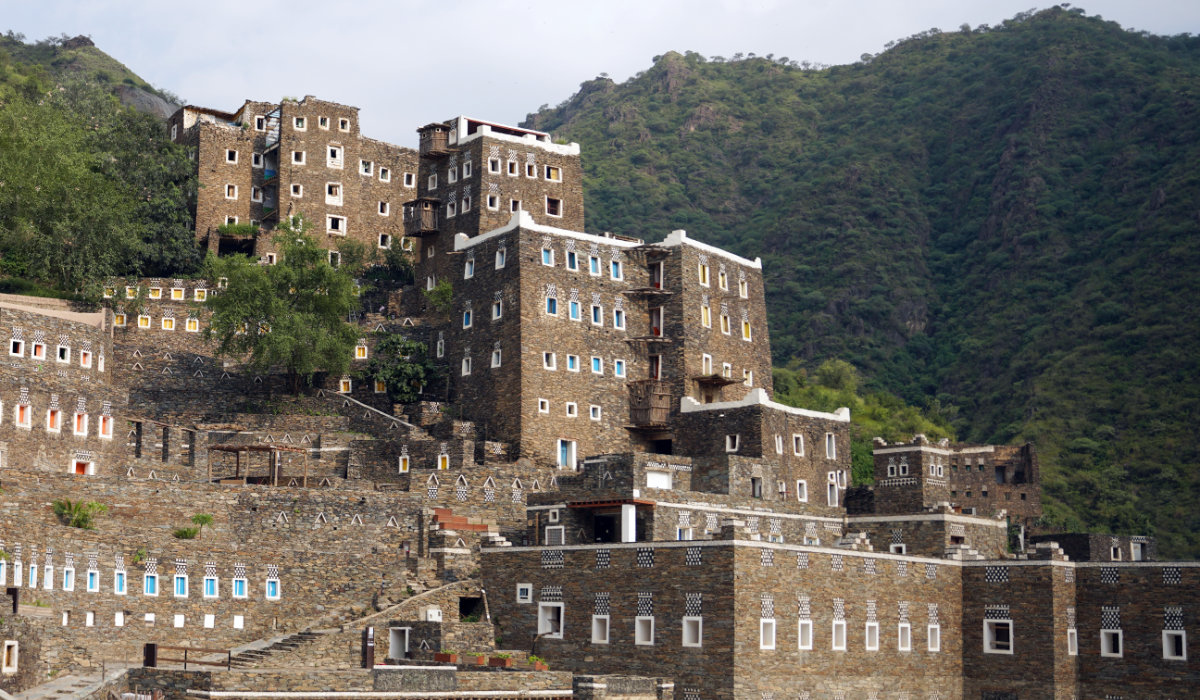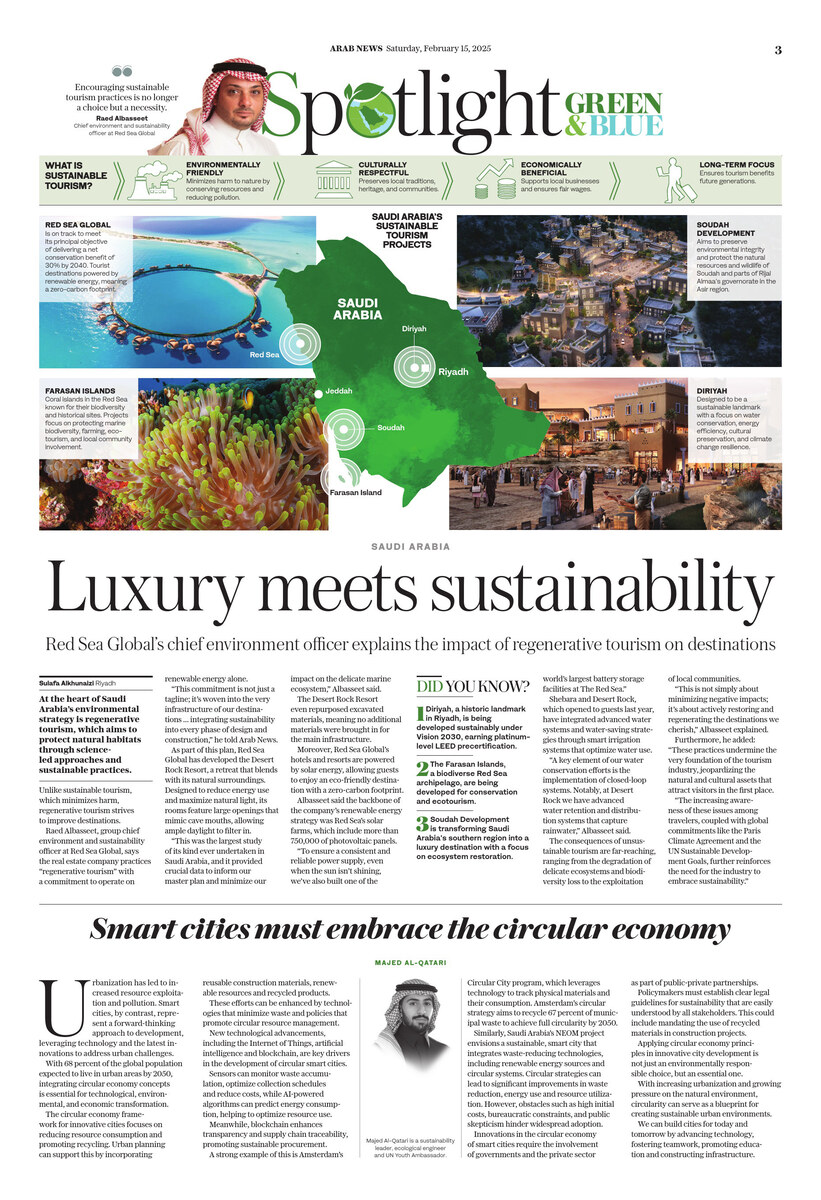ALKHOBAR: Khaled Almsaad, a lifelong resident of historic northern Alkhobar, is bridging the city’s past and present through guided walking tours that promise a deeper connection with its heart and past.
His cultural initiative, Tanafs, connects the community with the arts, with a permanent location launched this year after the project first began during the COVID-19 pandemic.
The hub offers a range of activities including workshops and local tours designed to enrich Alkhobar’s cultural scene.

One memorable stop takes place at a watch repair stand in a bustling market, where time seems to stand still. (Supplied/AN photos)
The ticketed walking tour, which Almsaad guides personally, begins at Tanafs’ headquarters, which also houses his coffee shop, Marfa, located on the first floor of the building.
During a recent tour, participants were given a brief presentation about the activity and about Alkhobar itself.
Almsaad, who is also a street photographer with over a decade of experience, spoke about the neighborhood’s evolution, reflecting on his deep understanding of the city’s character and evolving maps. Many of his own photographs were showcased on the walls.
HIGHLIGHTS
• Tanafs offers a range of activities including workshops and local tours designed to enrich Alkhobar’s cultural scene.
• The walking tours are organized every Friday afternoon and sessions will continue until Ramadan.
• Tickets can be booked through Tanafs’ Instagram.
He shared safety tips and general advice before leading the group on a tour through northern Alkhobar’s streets.

The walking tour provides participants with an opportunity to experience the evolution of Alkhobar firsthand. (Supplied/AN photos)
Alkhobar itself, with its unique historical and urban development, serves as the perfect backdrop for these tours. The headquarters directly overlook the beloved old Al-Shula Mall.
Almsaad explained that Alkhobar’s development is unlike other cities in Saudi Arabia. “Alkhobar is unique among Saudi cities because it was not formed out of natural growth through trade or tribal alliances. Instead, it emerged out of industrial necessity, driven by the need to house the workers in the early days of oil production,” he says.
The city became the first planned urban development in the region, setting a precedent for other cities, such as Riyadh, that followed a more organic path of growth.

Old rusted doors with intricate designs stand as reminders of the city’s past. (Supplied/AN photos)
One of the first stops is a hidden gem tucked away in the neighborhood. This shop, which has “no photography allowed” signs in every single cluttered aisle, is filled with slightly dusty but pristine toys and trinkets from long ago — objects that remain untouched and undocumented, giving visitors a rare glimpse into the past.
We passed by several friendly northern Alkhobar cats and continued our journey through the streets, learning the city’s secrets as Almsaad shares its history.
Alkhobar’s commercial rise began in 1923, when it became a hub for movement and trade between Saudi Arabia and Bahrain. Despite its modern growth, the city’s cultural heritage has always remained intertwined with its commercial activities — a theme Almsaad continues to explore throughout the tour.

A watch repair stand in a bustling market is a memorable stop. (Supplied/AN photos)
One notable historical figure in the city’s development is Floyd Ohliger, an American engineer who played a key role in Saudi Arabia’s oil discovery. In 1938, he was instrumental in the discovery of commercial oil at Oil Well No. 7 (Dammam Well No. 7), a landmark event that confirmed the country’s vast oil reserves.
Later, in 1945, his arrival in Dhahran marked the beginning of planned urban developments. His work in establishing “company towns” to house Aramco workers led to the creation of self-sufficient communities with modern infrastructure, setting a blueprint for urban growth in the region.
The walking tour provides participants with an opportunity to experience the evolution of Alkhobar firsthand. Stops along the way include businesses, marketplaces, and cultural landmarks that showcase the city’s transformation over time. Old rusted doors with intricate designs stand as reminders of the city’s past. Many are still used today as people and businesses still reside behind those doors.
One memorable stop takes place at a watch repair stand in a bustling market, where time seems to stand still.
Ashraf Ali Khan has been operating his stand for 36 years. “I am from Pakistan. I came in 1989 and opened this shop. I’m still here, Alhamdulillah,” Khan told Arab News.
Reflecting on the changes in the market, Khan said: “After a few months of moving here, the first Gulf War came. Many people went to Riyadh, left for Bahrain, or went back to India or Pakistan. I stayed. My children were born in Alkhobar. This clock repair stand has been here for decades. The customers have changed, but I am still here, Alhamdulillah.”
Participants on the tour also get to sample local foods, from fluffy Filipino bread, which is light and soft, to engaging in a detailed conversation about coffee with the vivacious and knowledgeable founder of Hiqbah specialty coffee.
During the tour, we sampled fried snacks from a local vendor and enjoyed a chai latte at the elegant Oi cafe.
Rawan Albakri, a participant at the tour, told Arab News: “As someone not from Alkhobar, I find the tour very interesting. I love this, actually. I learned that there are untold stories. Stories that we always pass by but never had the chance to ask about or learn the history of this place.
“It actually has a lot of history. We walked around, we went to different businesses, we tasted some of the foods and drinks. I love walking — I think that was an experience in itself.”
Throughout the tour, Almsaad emphasized the importance of community and cultural awareness. As the group moved between stops, he explained how the city is divided into specialized commercial zones, catering to different needs.
“If you want to buy home decor, you’ll go to a different district. This organization makes it easy to find what you need, but it also means that certain areas become specialized over time,” he noted.
One of the tour’s highlights is the bus ride back, which surprised the participants who had never used public transport in the city.
The event, which lasts for several hours, immerses participants in a blend of history, culture, and modern life.
Almsaad encourages the younger generation to connect with the city’s past and future by physically walking through its streets. “For Alkhobar to grow, we need to collaborate. The new generation has to support each other, work together to create a stronger, more connected community. It’s not just about businesses; it’s about sharing ideas, uplifting one another, and making the city better together.”
As the tour neared its end, Almsaad shared a personal anecdote — how his 2-year-old son now visits the same barbershop he used to visit as a child, highlighting how the traditions of the community remain close to his heart.
“They also still give the same exact little gift after the haircut. I got it when I was a kid and now my son gets it,” he said.
Tours are organized every Friday afternoon and sessions will continue until Ramadan. Tickets can be booked through Tanafs’ Instagram.
As Almsaad put it: “To truly preserve and understand Alkhobar, you have to experience it on foot.” And with every step, the city’s rich history and vibrant present come alive.










